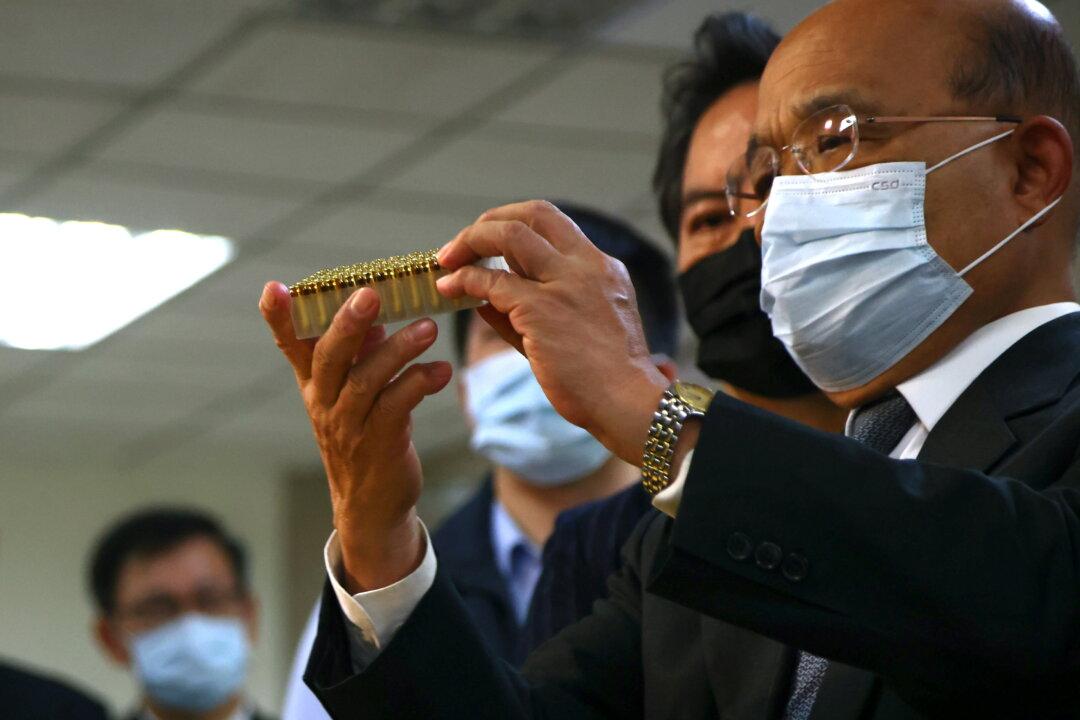Taiwan’s premier said tougher microchip protection laws should be passed “at the earliest date” as China is eyeing the island’s talent and technology.
Taiwanese Premier Su Tseng-chang told a Cabinet meeting on April 11 that the threat from the “red supply chain,” referencing Beijing’s infiltration of the country, needed an effective deterrent, according to an official statement issued late on Monday.




